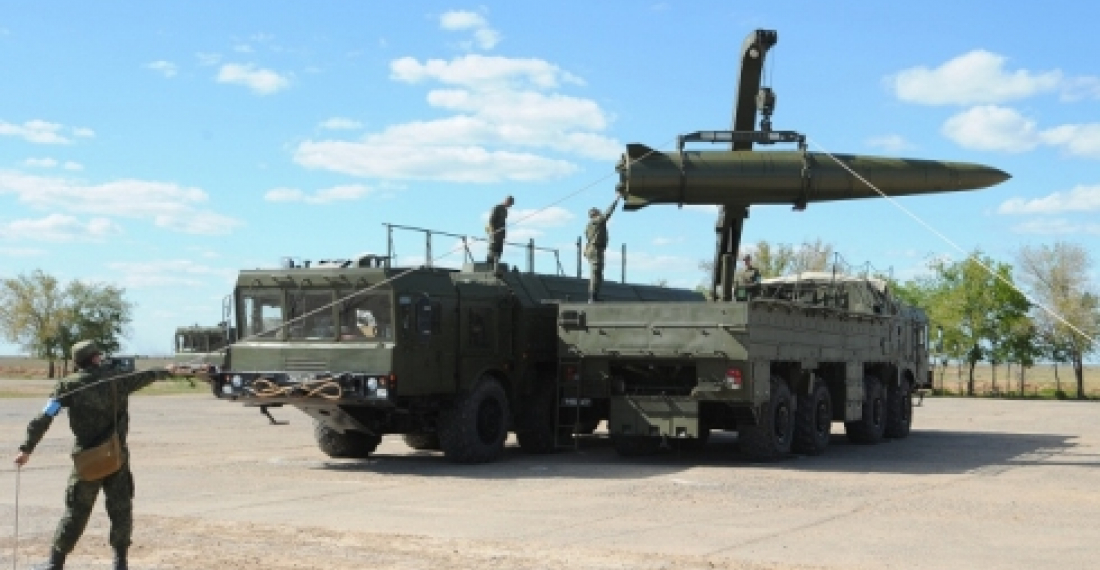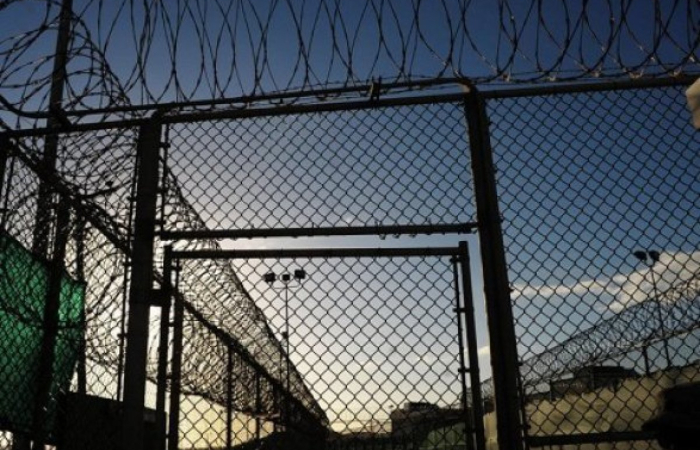Reports in semi official Russian media say that Russia is finalising a deal to transfer the sophisticated Iskander Missile system to Armenia. The Russian News Agency Itar-Tass reported that according to a military source "Russia is holding talks on supplies to Armenia of Iskander-M tactical missile systems, the contract has not been signed yet". He underscored that "all information on such contracts is secret."
Earlier, Konstruktorskoye Byuro Mashinostroyeniya, or KBM (Machine-Building Design Bureau), which is the key manufacturer of Iskanders, said that the systems will not be exported until 2016. Nevertheless, they have been put on a list of products allowed to be sold abroad.
The news came on the same day that the Armenian Parliament approved an agreement through which Russia will give Armenia a loan of 200 million USD to be used to purchase Russian arms. The agreement was ratified after a vote with 98 votes in favour and 1 against. Zaruhi Postanjyan was the only member of parliament to vote against the loan.
source: commonspace.eu with agencies.
Photo: A missile being mounted on an Iskander launcher (photo courtesy of Itar-Tass).






